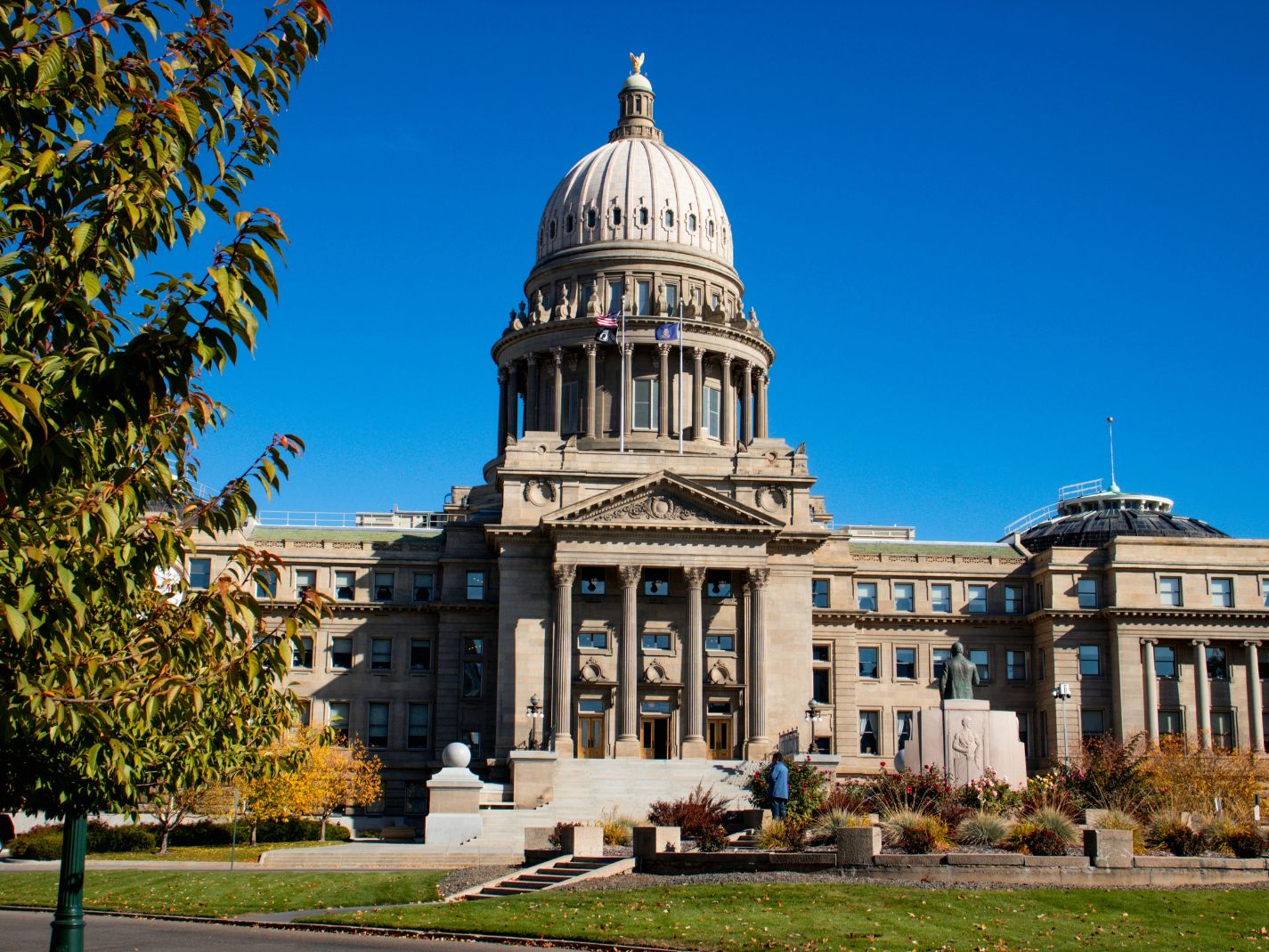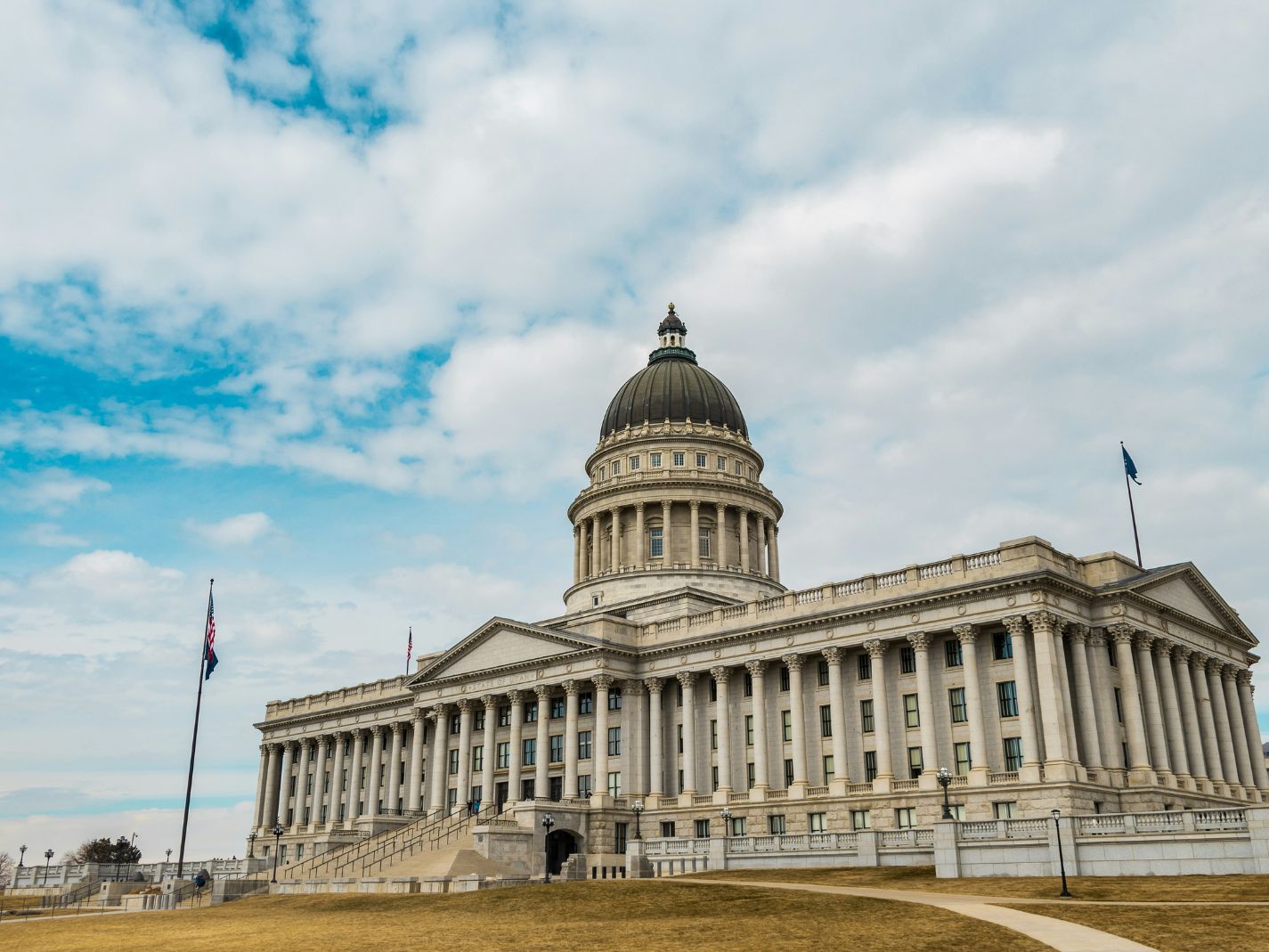South Dakota and Virginia have approved new social studies standards! Florida is moving toward partisan school board elections. Reformed ELA standards are coming to Georgia. There’s all sorts of good news from around the nation …
South Dakota and Virginia Approve Social Studies Standards
The South Dakota Board of Education Standards and the Virginia Department of Education both have approved new social studies standards. Both states have succeeded in implementing these new standards after a long process of revision, which the National Association of Scholars and the Civics Alliance have supported throughout. After a long saga, both South Dakota and Virginia finally have the social studies standards their students deserve.
We suggested, and suggest, further improvements to both standards—strengthened writing expectations, discrete coverage of Western Civilization and of non-Western World History, and strengthened coverage of the common culture of America and the West. But these are friendly thoughts about how to improve two social studies standards that already are among the best in the nation, if not the best.
South Dakota and Virginia now face a new challenge. These states, which have pioneered reformed social studies standards, now must produce teacher training, professional development, textbooks, and model curricula to match their standards. They must do so not only for their own teachers and students but also to provide a model for education reformers in other states. Social studies standards are the essential first battle to restore American civics education—but the rest of the campaign must be won as well.
Congratulations to Governor Noem and Governor Youngkin, to their administrations, and to every citizen of South Dakota and Virginia who has worked to bring about this victory. South Dakota’s and Virginia’s students will be their debtors for their excellent work, as will all Americans.
Oregon Academic Transparency Bill Passes Senate
Oregon’s Senate has approved an academic transparency bill, inspired by the Civics Alliance’s Academic Transparency Act. Kudos to the Oregon Association of Scholars, which has been championing academic transparency in the Beaver State. Fierce opposition by the education establishment has weakened this bill, but it still affirms the principle that academic transparency should apply to K–12 schools. We welcome the Oregon Senate’s passage of the bill, and we urge Oregonians to press House members and the Governor to make it into law.
Oregon Social Studies Teachers Needed
The Oregon Department of Education has announced that it is convening a Social Science Standards Teacher Advisory Panel to review and revise K–12 social science standards. Recent legislation in Oregon (HB 2845, HB 2023, SB 664, and SB 702) requires the creation and revision of social science standards to include ethnic studies, the Holocaust and other genocides, and civics. The revised standards will be presented to the Oregon State Board of Education in the spring of 2024. These new standards will be required for implementation by all school districts for the 2026–2027 school year. Teachers selected for the Social Science Panel will participate in monthly sessions from June 2023 through April 2024. Meetings will be virtual. Substitute cost reimbursement is available. The application page provides additional details about the panel. Teachers from all grade levels and regions of Oregon are welcome to complete the application. Experience with writing state standards is not required. Educators may recommend a colleague or share this announcement with interested classroom teachers. The application is due May 5, 2023.
We suspect that the Department will try to select panelists from among the usual suspects—the application includes the question, Are there aspects of your identity that you want to share as it relates to the Social Science Standards? Nevertheless, we should try to influence the process. Please tell tradition-minded social studies teachers in Oregon to apply for this panel. If any are accepted, and if they do change the standards for the better, that will be a valuable strategy to try elsewhere in the nation.
Partisan School Board Elections Advance in Florida
The Florida Senate on Wednesday gave final approval to a proposed constitutional amendment that seeks to establish partisan school board elections. The proposal (HJR 31) will go on the 2024 ballot and, if approved by voters, would do away with a requirement that school board candidates run without party labels. Partisan elections could begin in 2026.
The Civics Alliance has been pushing for partisan school board elections. School board candidates should be identified by party. Party identification provides valuable information to all voters. Withholding partisan labels is an exercise in information suppression, which necessarily becomes an exercise in democratic suppression. We can’t claim credit for this Florida initiative, but we strongly applaud it, and we urge policymakers in other states to adopt it as well.
Reformed English and Language Arts Standards in Georgia, Arkansas, and Florida
Georgia has just adopted improved English Language Arts Standards, which require students to study texts from multiple periods of history—a requirement which will restore knowledge of our literary inheritance and reduce the amount of time available for modern agitprop. Arkansas’ draft standards (please comment in favor of them!) have been revised in the same way. Florida’s standards were similarly improved.
ELA standards are a bit out of our wheelhouse—but we applaud this parallel effort. We urge Civics Alliance members to pay attention to ELA standards as well. If possible, ELA standards should have students read Documents of Liberty such as the Declaration of Independence and the Constitution, as well as civic texts such as Benjamin Franklin’s and Frederick Douglass’ autobiographies. ELA and civics education can and should work in harmony.
Texas Chaplains Bill Advances
Texas is considering a pair of bills in the House and Senate that would allow chaplains to serve as school counselors in public schools. We aren’t endorsing these bills, because we’re not absolutely sure we can figure out how they’d work out in practice. As far as we can tell, the bills wouldn’t violate separation of church and state—and school counselors have become so radical that any counselor who hasn’t been deformed by their professional training surely would be a great improvement. We suspect that chaplains would be pretty good school counselors, point blank, and not just in comparison with the current set of school counselors. We don’t endorse these bills, but we urge Civics Alliance members in Texas to look at them for themselves and decide whether they should support them.
Around the Nation
- Florida Jobs: The Florida Department of Education’s Office of Academically Successful and Resilient Districts (ASRD) is looking to hire coordinators and specialists to provide policy and communications support for school board members and families as they confront a school district establishment that champions various forms of radicalism in the state’s public schools. The University of South Florida is managing the human resources side of this search. If you’re a Florida resident who is interested in and qualified for this job, follow the link to Careers@USF and search for “Academically Successful and Resilient Districts (ASRD).”
- Irenic Dialogues: Jennifer Richmond and Winkfield Twyman, Jr. have published Letters in Black and White: A New Correspondence on Race in America, which seeks to support non-ideological dialogue about the charged issues of race. Readers interested in such dialogues should take a look at the book.
- School Board Questions: Robert Maranto writes in Education Next about Six Questions to Ask the School-Board Candidates. Civics Alliance members who want to improve their own school boards should take a look.
- Minnesota Grotesqueries: The Minnesota Legislature is planning an ‘antiracist’ revolution in Minnesota schools.
American Birthright Taskforce Act
The Civics Alliance has just published the American Birthright Taskforce Act, drafted by the National Association of Scholars. The Act provides model language so that state policymakers can create a social studies task force, appointed by the governor and the state legislature, to draft social studies standards based on American Birthright: The Civics Alliance’s Model K-12 Social Studies Standards. State policymakers may use this Act to establish American Birthright directly, rather than work through (too-often heel-dragging) state education departments.
The Act creates a task force to draft social studies standards based on American Birthright—and which therefore can be tailored to suit the state’s own needs. The task force provides an opportunity for public input, its work product has to be approved by the education committees of both legislative houses, and every member of both legislative houses will have a chance to move amendments of the standard in detail. If the standards pass by concurrent resolution in both legislative chambers, then they are in effect for five years—at which point, they will be subject to review by a new task force.
Civics Alliance State Affiliates
The Civics Alliance is building a network of state affiliates—groups dedicated to removing action civics in their state, whom we will list on our website. We now have nine affiliates, in Alabama, Georgia, Massachusetts, Mississippi, Missouri, Ohio, Pennsylvania, Rhode Island, and Texas. If you would like to form such an organization, or suggest an existing organization, please get in touch with David Randall (randall@nas.org).
Monthly American Birthright Zoom Meeting
The Civics Alliance will have its monthly Zoom session devoted to social studies standards reform on Monday, May 1, at 2:00 PM Eastern Time. Please email randall@nas.org if you would like to join these monthly Zoom meetings.
Social Studies Standards Revision Schedule
2023/Current: Alaska, California, Connecticut, Idaho, Indiana, Kentucky (partial), Maine, Minnesota, Ohio, Oregon, South Dakota, Tennessee, Utah, Virginia, Wyoming
2024: Alabama, Arizona, Montana, Oklahoma, West Virginia, Wisconsin
2025: Kentucky, Nebraska, Texas
2026: Colorado, Maryland, North Dakota, South Carolina
2027: Hawaii, Kansas
2029: Louisiana
2031: Illinois
No Revision Currently Scheduled: Delaware, Florida, Georgia, Iowa, Massachusetts, Michigan, Missouri (but could change), New Hampshire, New Mexico, New York, Pennsylvania, Vermont, Washington
Waiting Confirmation: North Carolina (2021)
Please email David Randall (randall@nas.org) if you are interested in further information about your state’s social studies revision process, and what you can do to participate.
Continuing Priorities: Federal Legislation
At the federal level, the Civics Secures Democracy Act threatens to impose action civics nationwide.
The Civics Bill Tracker
Civics Alliance members may use the Civics Bill Tracker to track all proposed federal and state legislation related to civics.
Public Action
We encourage Civics Alliance members to inform the public and policymakers about the stakes and consequences of action civics bills.
David Randall is Executive Director of the Civics Alliance and Director of Research at the National Association of Scholars.
Photo by vasanth on Adobe Stock



